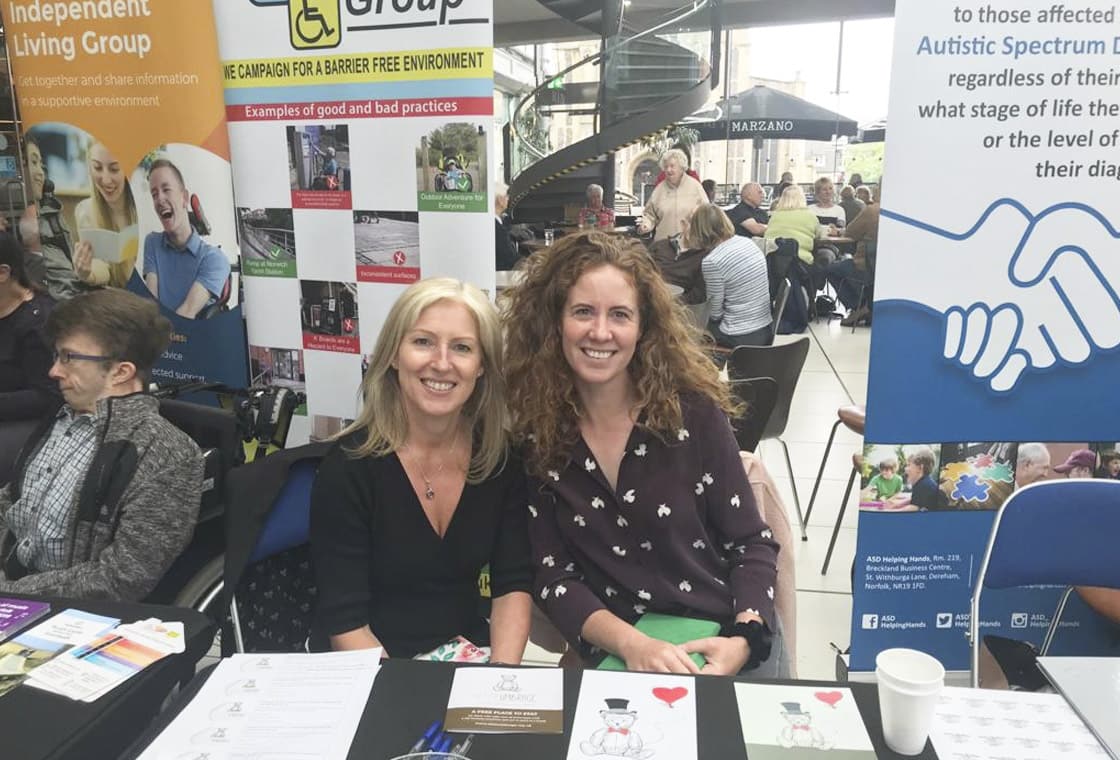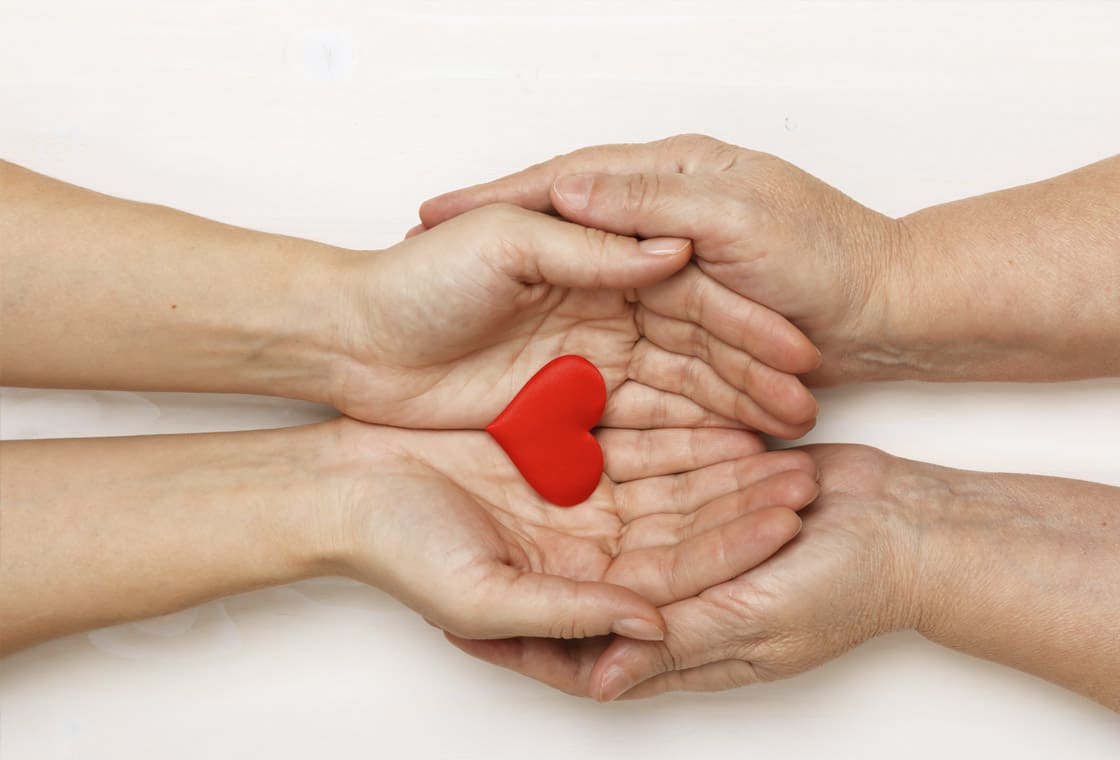
Hallelujah! Today is National Stress Awareness Day which is a perfect excuse to share the notion that we have wonderful, powerful tools for boosting our wellbeing and reducing stress. You are probably doing many of them already without realising the neuroscience behind the benefits to your emotional health.
Here’s the science bit in brief.
Stress is a natural physiological response that is designed to keep us safe from danger. When we feel threatened or have an anxious thought, we trigger a series of chemical responses in the brain. It’s our Amygdala that first detects the danger. It’s like our own personal smoke detector.
Our response is to produce Adrenalin which is very useful in the face of real danger. Our heart rate speeds up, our breathing becomes rapid and we get a huge surge of energy as we become focused and alert. Our second response it to release Cortisol, a hormone that suppresses bodily functions that aren’t needed in an emergency so that we preserve energy. Our digestive system slows down and our immune system switches off for example.
These two chemicals are part of a system designed for short-term situations as internal balance is restored once the danger or anxious thought passes and we begin to feel safe again.
How can we create a sense of balance?
We have calm hormones that help us restore this internal balance and boosting levels of them doesn’t require you to learn complicated new techniques or spend lots of money on the latest self help book.
Dopamine and Serotonin are two of our happy hormones and we can increase levels of these chemicals by doing a variety of activities.
For example, the reason why we get a buzz out of learning something new is because we are producing Dopamine, our brain’s ‘reward hormone’. It plays a key factor in motivation and productivity and makes us feel positive and courageous. I hope that you’ll learn something new in this blog post and that this will enhance your wellbeing today.

We also get a shot of dopamine when we do something creative – baking a cake, taking photographs, colouring, painting or writing for instance. And you don’t have to be the next upcoming artists to reap the benefits. Writing in your journal that nobody else reads is also a powerful trigger of Dopamine.

Exercise and sunlight trigger another hormone called Serotonin which is responsible for maintaining our mood. It plays a major part in our happiness and you might have noticed how the happy feelings linger some time after exercising?
A brisk walk through crisp, autumnal coloured leaves will help boost your Serotonin levels, even more so if the sun is shining.
Next time your emotional health takes a dip, stop.
Take a mindful moment to consider doing something different or planning an activity that makes you feel happy – learn something new, do a creative hobby or take some exercise. It’s great for your health, it’s good for your loved ones as your smile will be contagious. There’s no need to feel guilty or ashamed, a little self-care will give you the energy to carry out your caring role better too.






